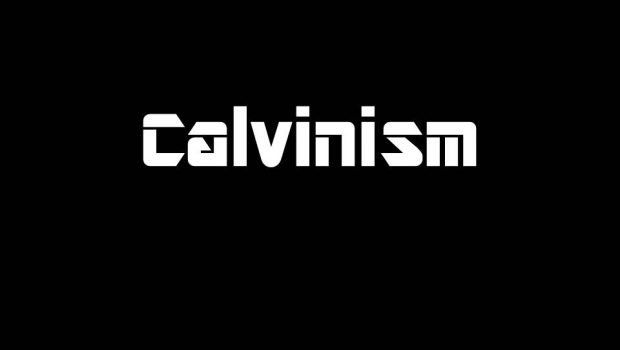The Problem of Free Will
A few of my friends decided to repost an old blog I wrote in college, a critique of Calvinism no less. If you do not have friends who do things simply because they know it will annoy you, then I dare say you don’t have real friends. Much less do you have brothers.
Generally speaking, I have refrained from criticizing Arminianism. I was an Arminian (of a sort) for a long time. But since my Arminian friends insist on violating this ceasefire at every turn, I can no longer simply stand defensively on the battlements. Consider this the first cannon shot in my counter-attack. Of which there may be several more in the future. [I am exaggerating the war language for humor, please understand; I love dearly my Arminian brothers and sisters in Christ, and I desire for all of us to attain greater unity in the faith and in the knowledge of the Son of God in accordance with Ephesians 4].
One of the most central issues of Arminian theology is the issue of free will. People routinely say things like “I’m an Arminian because I believe in free will,” as if Calvinists don’t believe in free will. The fact is both sides agree that there is free will. The only question is what kind of free will? What does free will mean?
My answer to this question is well-documented. I believe free will is the ability to act according to your strongest desire. This is a compatibilist notion of free will, and one defended quite famously by no less than Jonathan Edwards.
Arminianism, of course, cannot accept this notion of free will. Yet I want to point out that the reasons here are philosophical in nature. The Bible itself does not define free will, much less does the Bible teach that libertarian free will is a prerequisite for moral responsibility. This is a philosophical assumption, and not a very good one.
That being said, it is here my first cannon shot will land. I ask any Arminian to define “free will” in a way that applies both to God and to man, in an analogous sense of course. Offer me one single definition of “free will” that is libertarian in nature and that allows both God and man to be “free.” I want to hear a definition of libertarian free will that does not rob either God or man of freedom. To give an example of what I mean, let me point out a few dead ends that fail to meet this criteria:
- “Free will is the ability to act contrary to one’s nature.” This is undoubtedly a libertarian definition of free will. The problem, of course, is that it means God is not free. God cannot act contrary to His nature (unless voluntarism is true). But Arminians strongly oppose voluntarism, so this would be swallowing a camel to avoid a fly. This fails to apply to God and man simultaneously. If this definition is true, God is not free.
- “Free will is ultimate self-determination.” This is slightly better than the first definition, but still problematic. To be “ultimately self-determining” one would have to be omnipotent, omniscient, and so on. So this definition applies well enough to God, but it would be idolatry to apply it to man. Humans are not self-determining in numerous respects, such as where we are born. If we are not self-determining in such a minor detail, we are certainly not ULTIMATELY self-determining.
- “Free will is the power of contrary choice.” This is not so immediately a non-starter as the other two, but it is so vague as to be very problematic. Contrary choice to what? One’s own nature? Then this falls into the same problems as the first definition. One might specify and say:
- “Free will is the power to choose among various options.” Fair enough, there’s nothing to immediately dispute about this, but this definition is not explicitly libertarian, in fact it might well be a more compatibilist definition.
So there we are, and there is my challenge to Arminians. Libertarian free will is a major feature of Arminian theology. How can it be defined in a way that actually entails both God and man are free?
God bless,
Josiah










